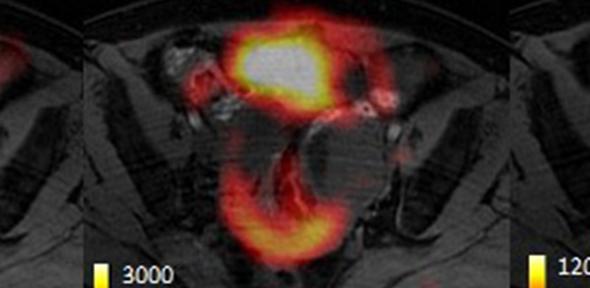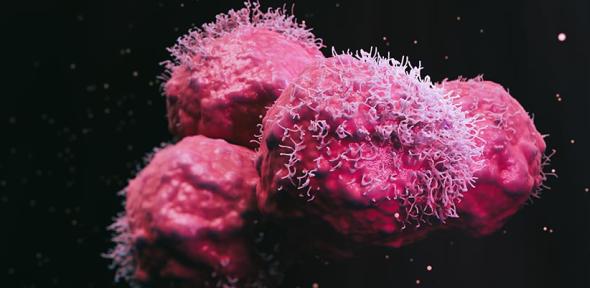Topic description and stories
We are are helping to end death and disease caused by cancer, saving more lives by detecting early and personalising treatments. The experiences of patients and their families shape every stage of research and of plans for the Cambridge Cancer Research Hospital, as we work together to change the story of cancer.
Cambridge is changing the story of cancer
15 July 2024
Find out about groundbreaking cancer research at Cambridge, including our planned new hospital, how we're studying the earliest stages of cancer, how AI is helping fight the disease, and the patients playing a key role in our work.
Read more












